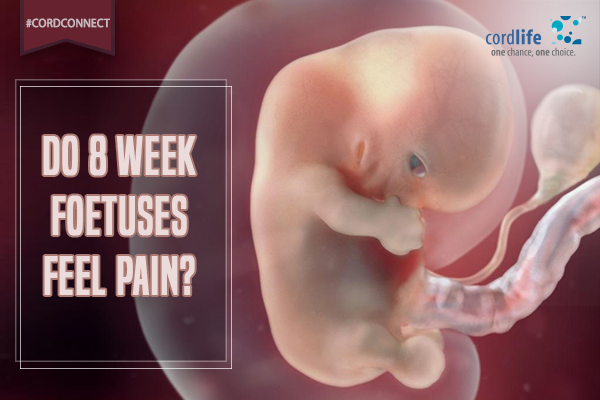Table of Contents
A provocative yet powerful issue of discussion has been, the probability of the unborn child feeling pain in the mother’s womb during the termination of pregnancy. With modern and scientific methods, new research in this field suggests that the unborn FF may well be able to feel the pain by 20 weeks or even earlier in the pregnancy.
Family Research Council (FRC) recently published comprehensively documented findings on the science of foetal pain. The study consists of over 30+ scientific studies, testimonies, medical and real-life evidences that establish the intensity of foetal pain during pregnancy termination.
On Neurological Development
Pain receptors appear around the mouth 4 to 5 weeks post-fertilization, followed by the development of nerve fibers, which carry stimuli to the brain. Around 6 six weeks post-fertilization, the unborn child first responds to touch. By 18 weeks post-fertilization, pain receptors have appeared throughout the body.
On Early Foetal Response to Painful Stimuli
The earliest reactions to painful stimuli motor reflexes can be detected at 7.5 weeks of gestations [5.5 weeks post-fertilization].
On Foetal Stress Responses
Multiple studies show that ‘the human foetus from 18-20 weeks elaborates pituitary-adrenal, sympatho-adrenal, and circulatory stress responses to physical insults.
On Foetal Experience of Pain Being More Intense Than in Adults
Mechanisms that inhibit or moderate the experience of pain do not began to develop until 32 to 34 weeks post-fertilization. Any pain the unborn child experiences before these pain inhibitors are in place is likely more intense than the pain an older infant or adult experiences when subjected to similar types of injury.
While many states in the USA have limited the maximum period of terminating pregnancies to approximately 5 months, there are still many abortion right activists who denounce the concept of foetal pain completely. Yet FRC’s published document with such extensive testimony, clinical review and reputed experts in the field like an Associate Professor in the field of Anesthesia and Pain Management at Harvard Medical School; the Residency Program Director at the Department of Anesthesiology, Perioperative and Pain Medicine at Brigham and Women’s Hospital in Boston; and the Medical Director of Procedural Sedation at the Brigham and Women’s Hospital in Boston; presents a solid refutation.
